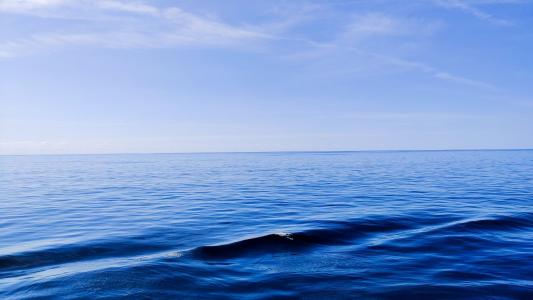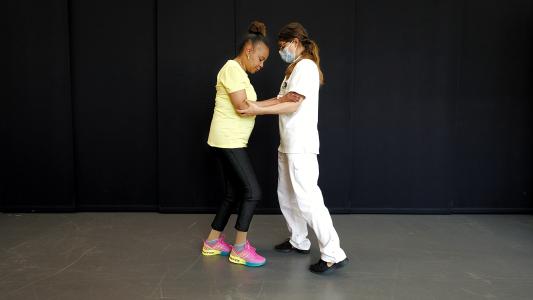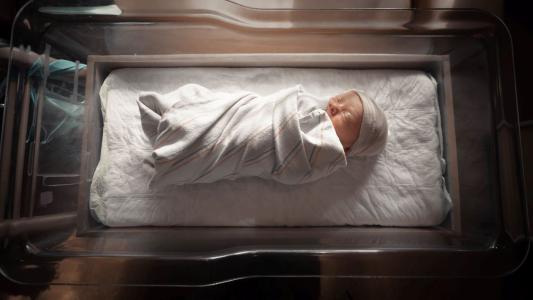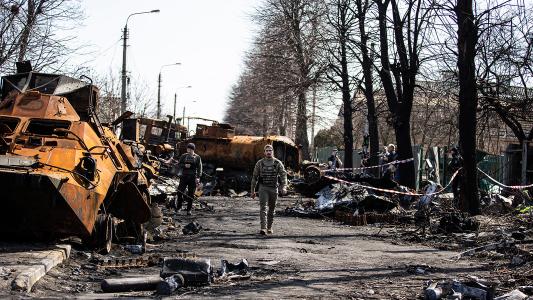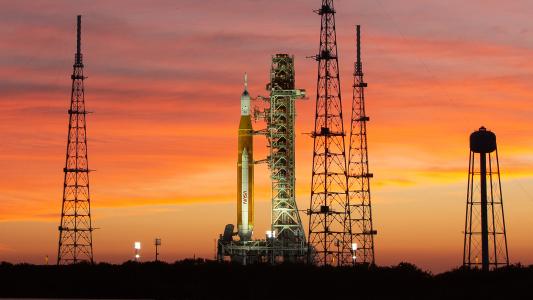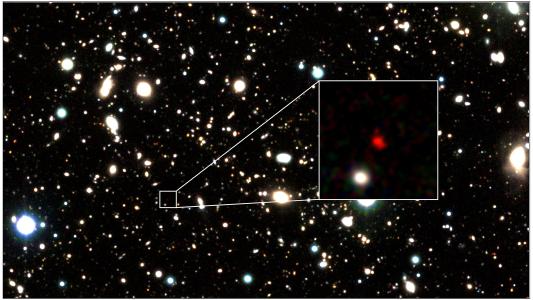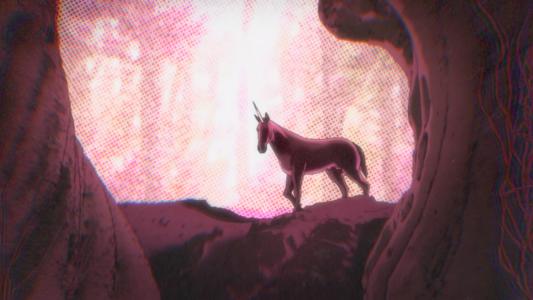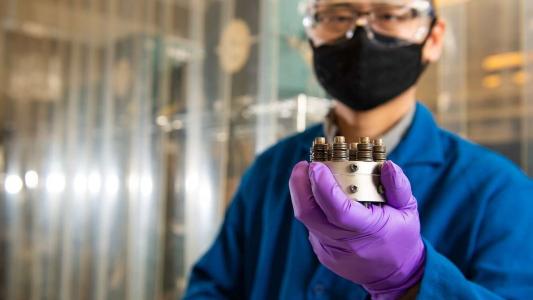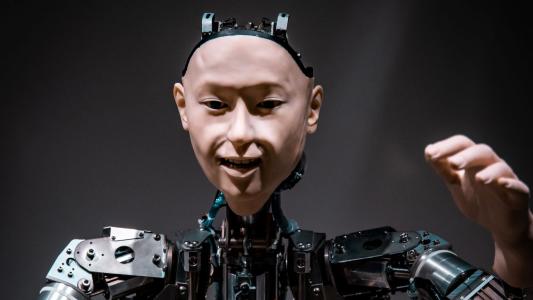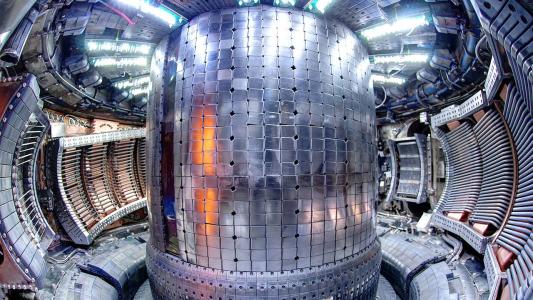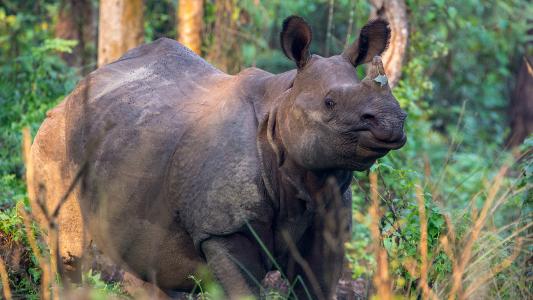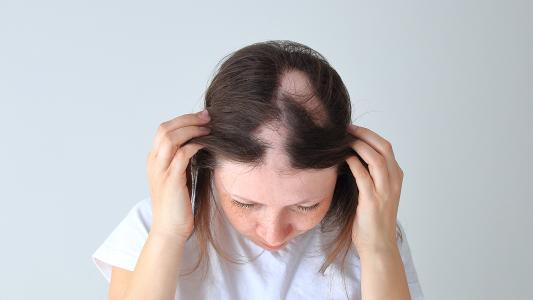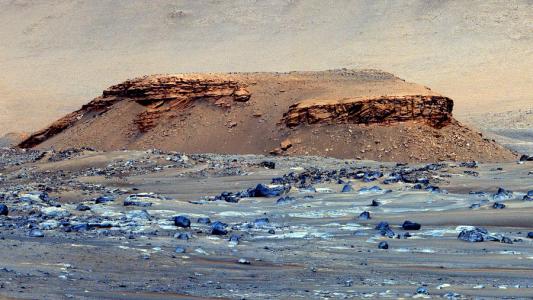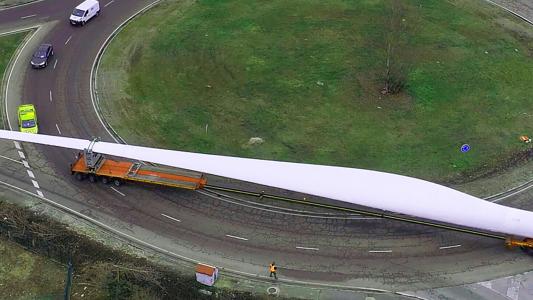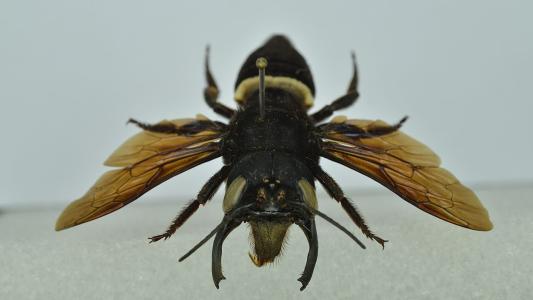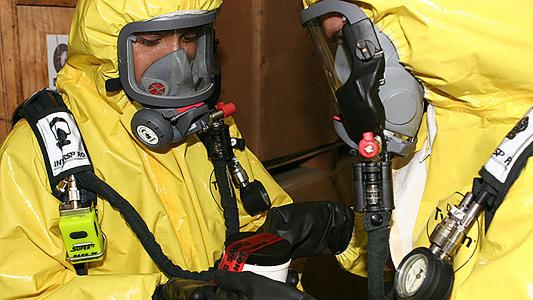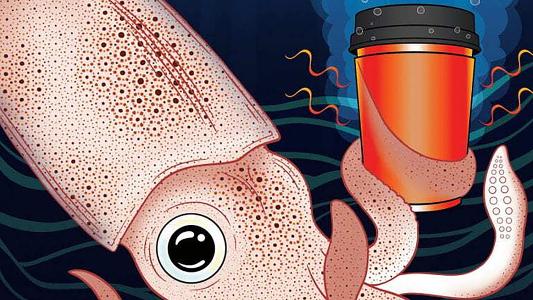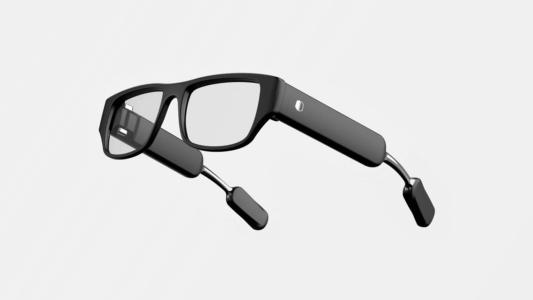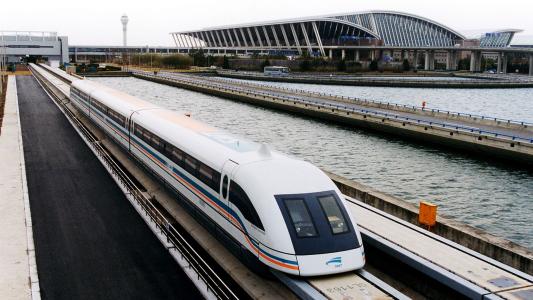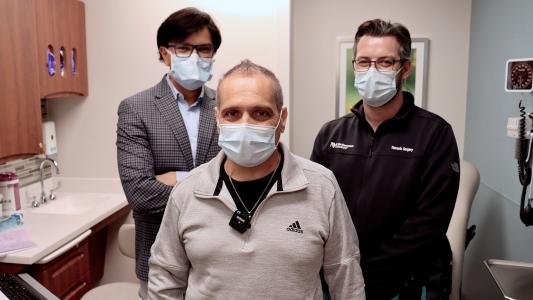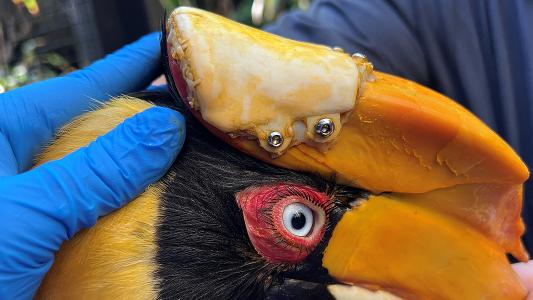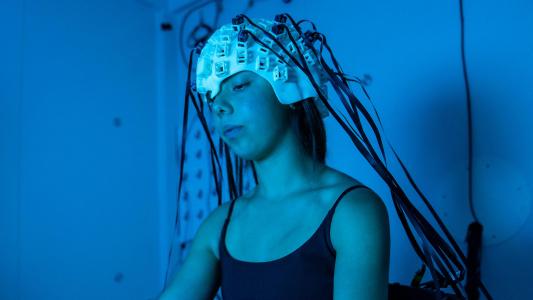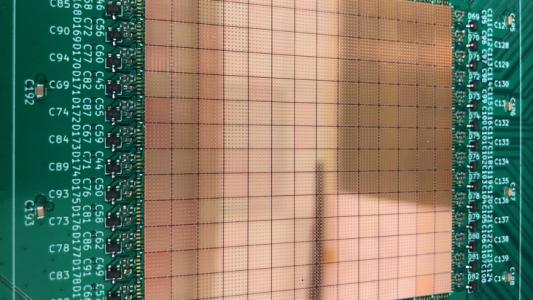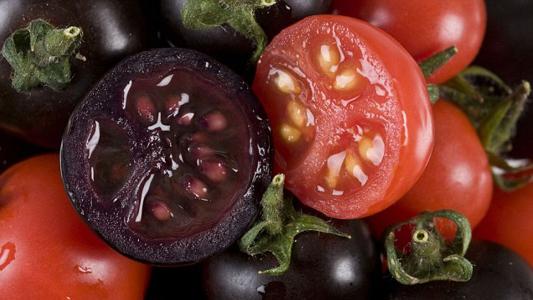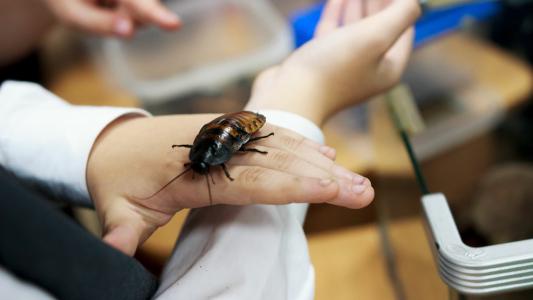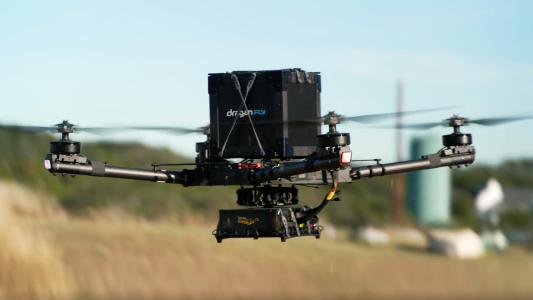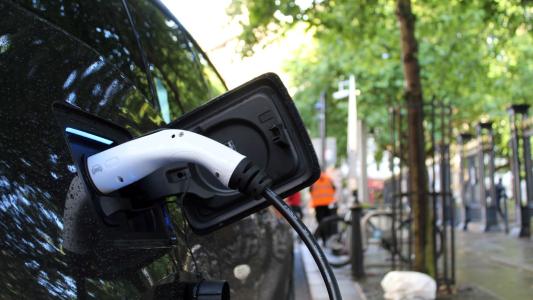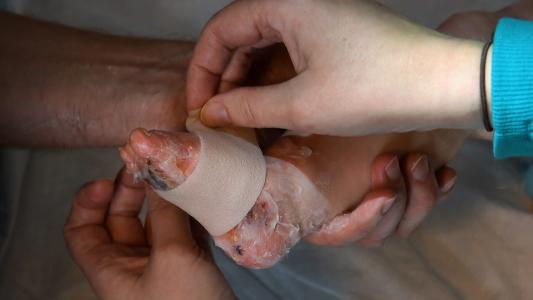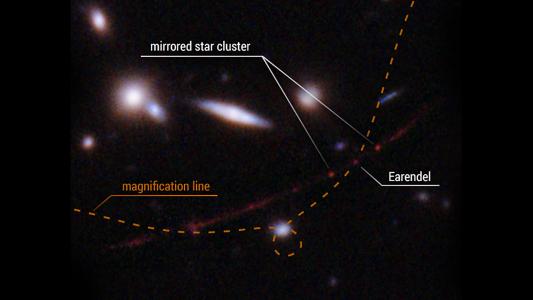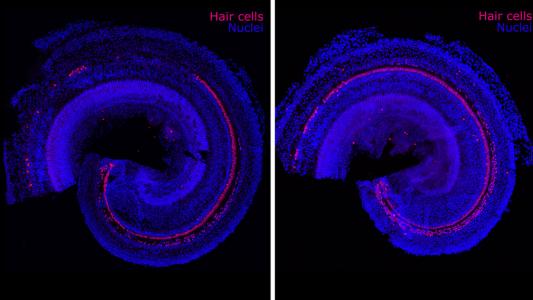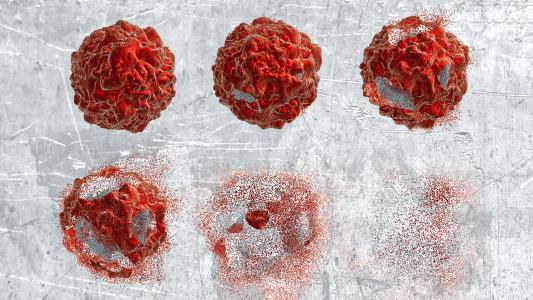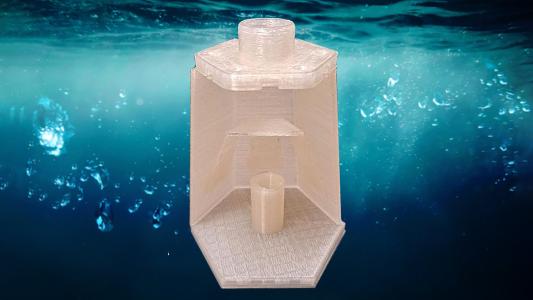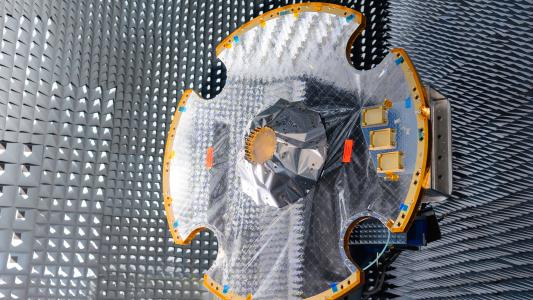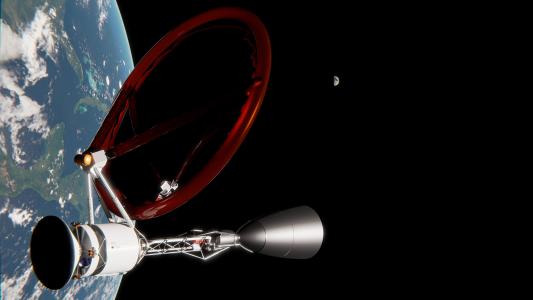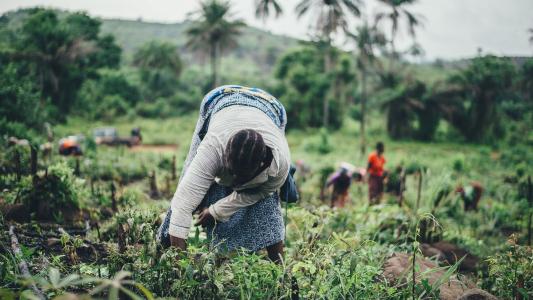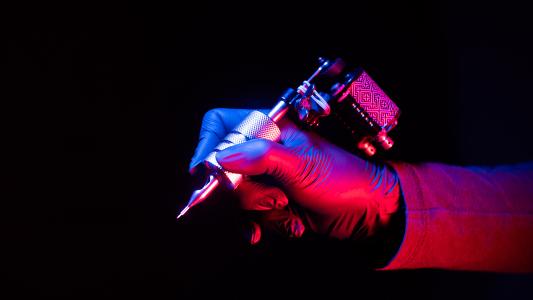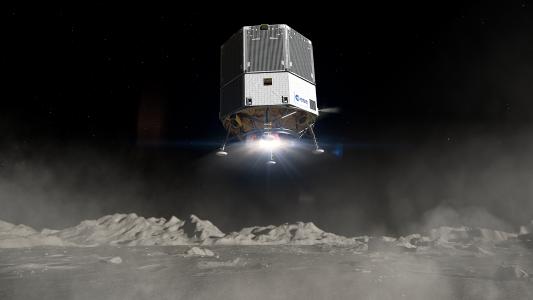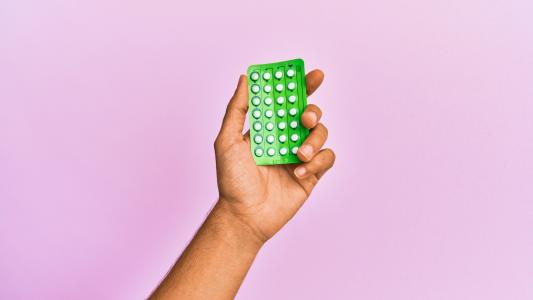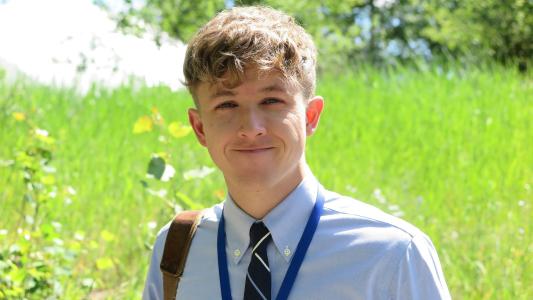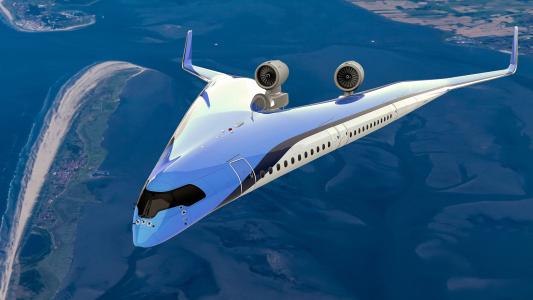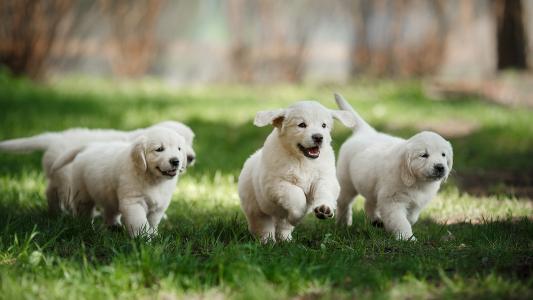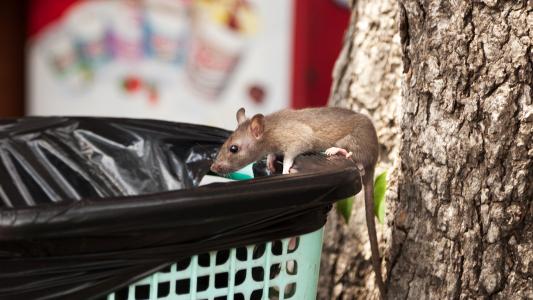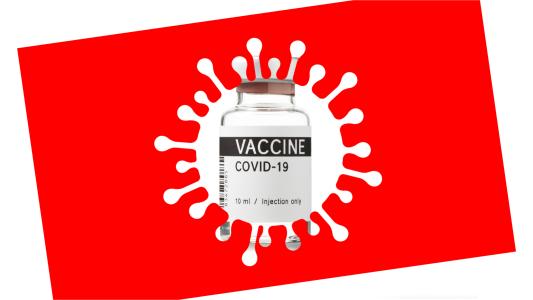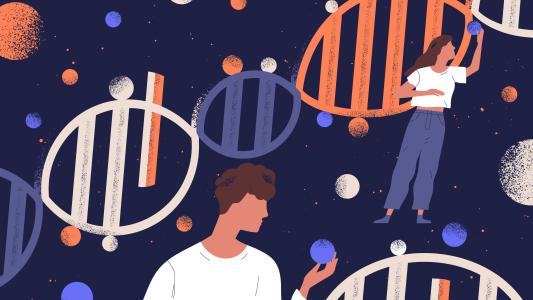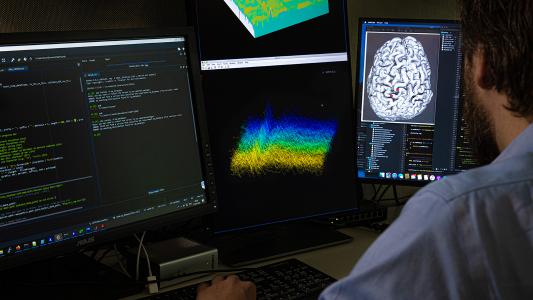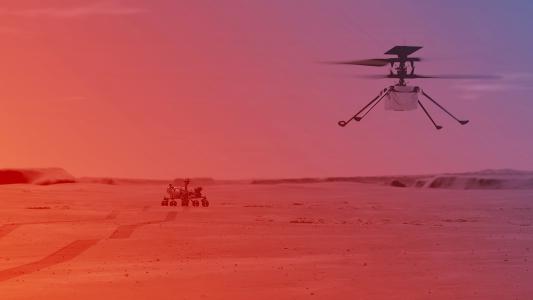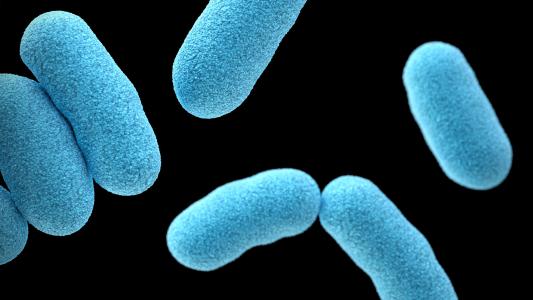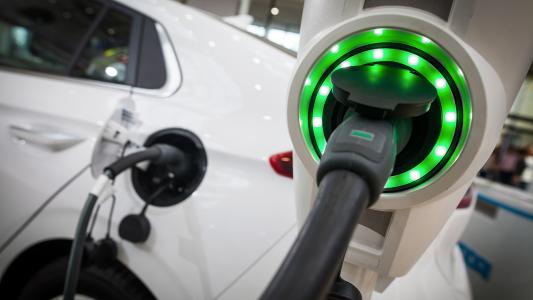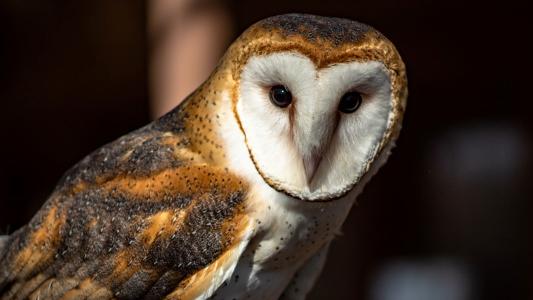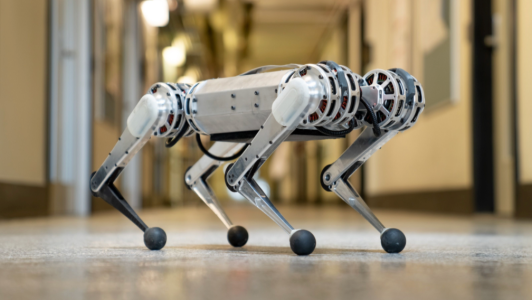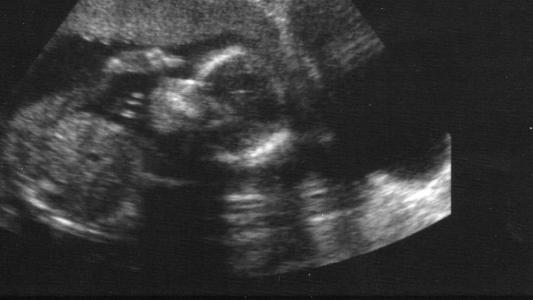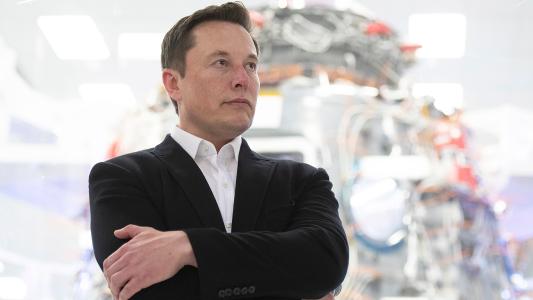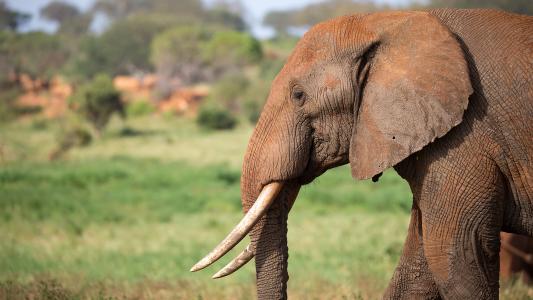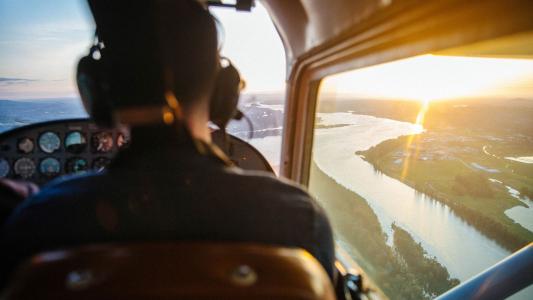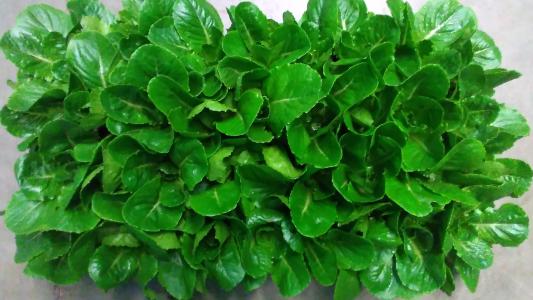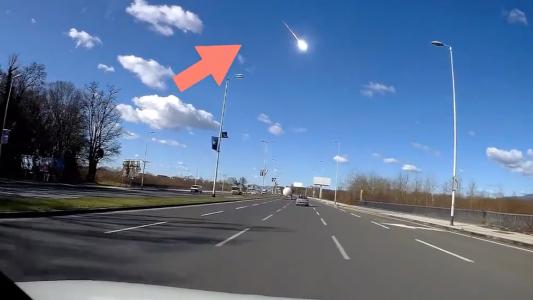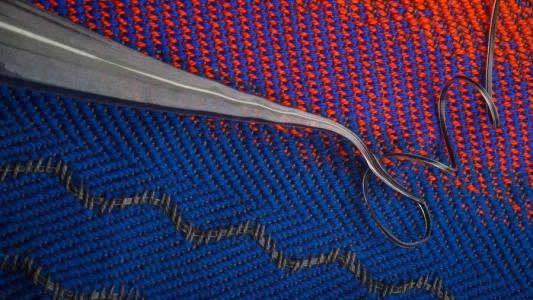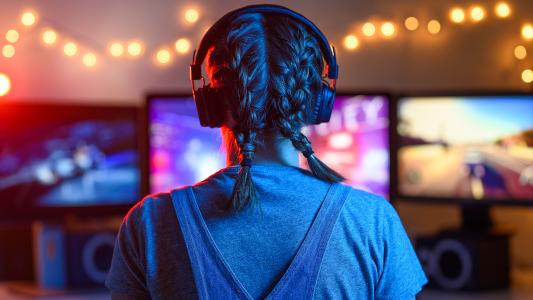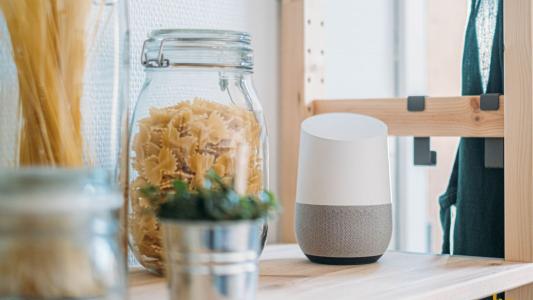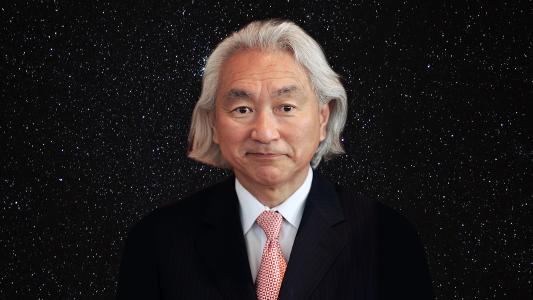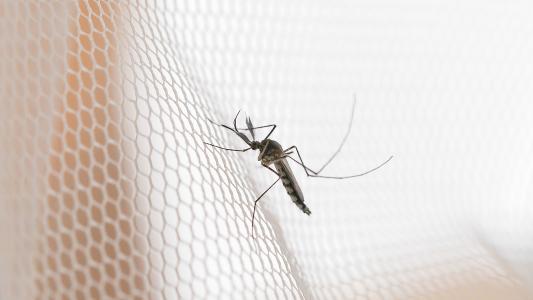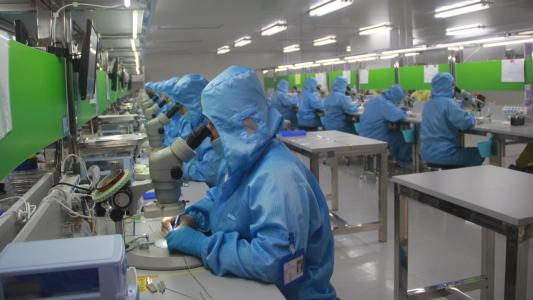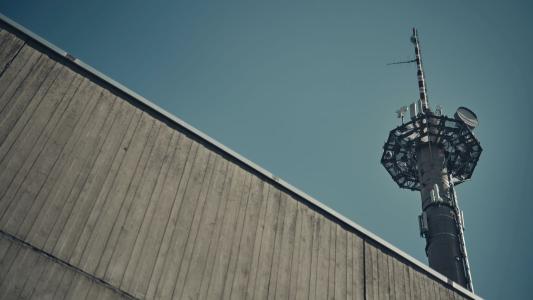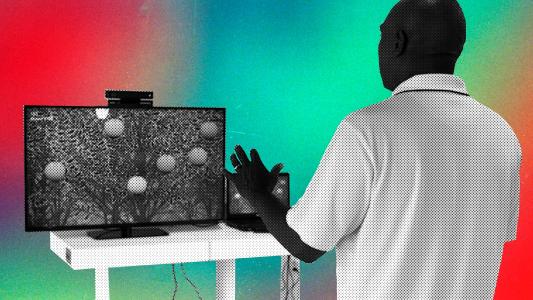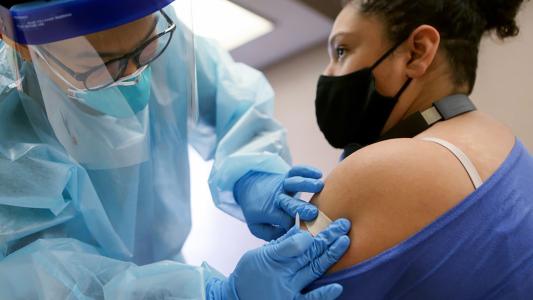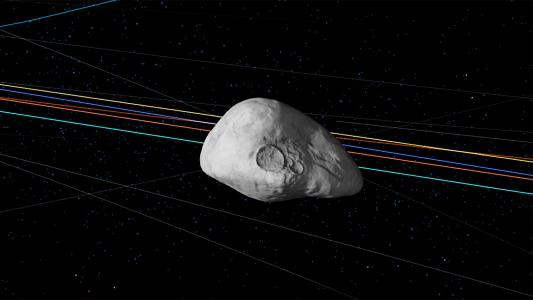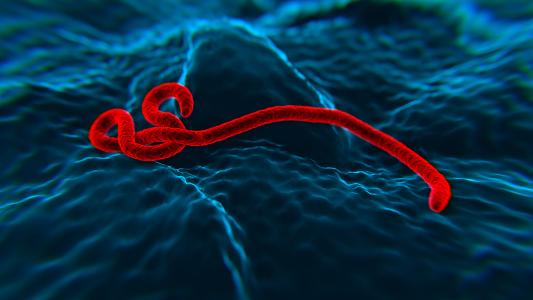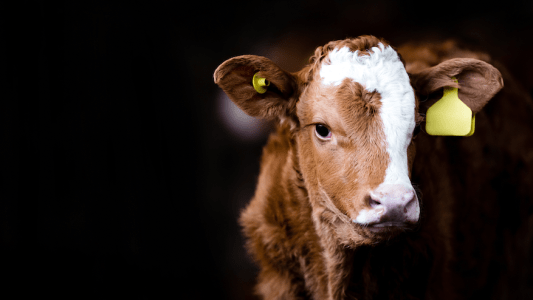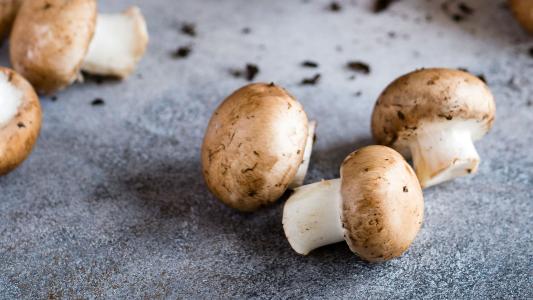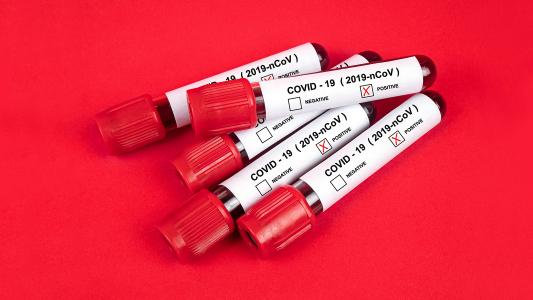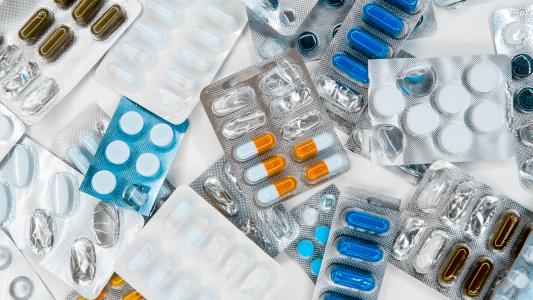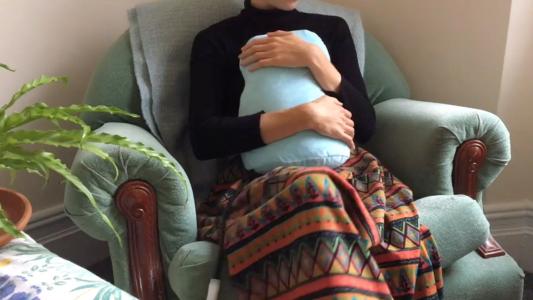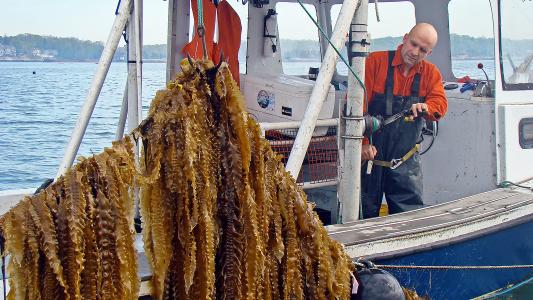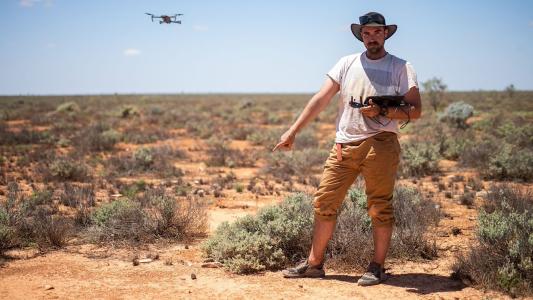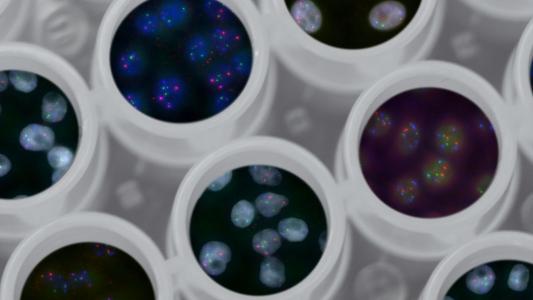Could you sniff out counterfeit whiskey?
An “electronic nose” that can accurately identify a whiskey’s brand, region, and style could help combat the sale of counterfeit whiskey.
Barcelona’s plan to “pedestrianize” its downtown could transform our cities
A new method for evaluating the potential for superblock transformations in different cities could increase their rollout across the globe.
Bedridden woman stands again thanks to spinal implant
A spinal cord stimulator is helping a woman who was bedridden for 18 months because she fainted every time she stood up regain her mobility.
Should we use genome editing to make better babies?
Over the years, many different people, from preachers to philosophers, have voiced their concerns over the safety and ethics of gene editing.
The future of classified intelligence may be sharing it
Faced with an enemy adept at information warfare, the US and allies are turning to a new, unusual way to use classified intelligence.
NASA’s massive SLS rocket is one test away from launch
NASA's moon-bound SLS rocket is at Kennedy Space Center and ready for its wet dress rehearsal — the last major test before launch.
Farthest galaxy from Earth discovered by Tokyo astronomers
Astronomers have discovered a new farthest galaxy from Earth, and it could change what we thought we knew about the early universe.
NFT art has sold for millions at auction, but what even is it?
In partnership with Coinbase
Everything from artwork to driver’s licenses could be converted into NFTs.
Cheap molten salt battery can store energy for months
A low-cost molten salt battery that can store energy for months could allow us to tap into renewables year round.
The subtle art of language: why artificial general intelligence might be impossible
Until robots understand jokes and sarcasm, artificial general intelligence will remain in the realm of science fiction.
Where’s my holographic TV?
Holographic TVs are the technology of the future and maybe always will be.
Nuclear fusion hit a milestone thanks to better reactor walls
A team of scientists have shattered the record for the amount of energy produced during a controlled, sustained fusion reaction.
One-horned rhino population increases by 200 in four years
A census of the one-horned rhino population at Kaziranga National Park found that the vulnerable species is on the rise.
"Geogrid" helps cut home energy bills to just $1 per month
Austin’s Whisper Valley housing development uses geothermal heat pumps and solar panels to slash residents’ energy bills.
How Ukraine has defended itself against cyberattacks – lessons for the US
Russian hackers stepped up their efforts against Ukraine in the run-up to the 2022 invasion, but with notably different results.
A common arthritis drug treats alopecia (Updated)
A common arthritis drug may be an effective alopecia treatment, based on a trial in which it helped people regrow their hair in just 36 weeks.
The West Coast wants to tap into the maple sugar market
Over 75% of the world’s maple syrup production is in Quebec. But with climate change threatening their seasons, West Coast producers are looking to tap in.
Rover images confirm Jezero crater is an ancient Martian lake
Without driving anywhere, the rover was able to solve one of the big unknowns, which was that this crater once held water.
World’s first fully-recyclable wind turbine blade prototype debuts
Wind turbine blades are notoriously difficult to recycle, but researchers and industry players hope a new material design may change that.
World’s largest bee, thought to be extinct, found in Indonesia
The giant bee was first discovered in 1859, but since has only officially sighted once. Now, researchers have found a specimen alive and well.
From drugs to chemical weapons with a flip of an AI switch
AI drug discovery models can be repurposed to darker ends — instead of discovering new treatments, they could create thousands of brand new chemical weapons.
Squid skin inspires heat-regulating coffee cup
Inspired by squid skin, UC Irvine engineers have created a cheap, easy-to-recycle material that can be “tuned” to regulate heat.
Nimo smart glasses are like a PC for your eyes
India-based startup Nimo Planet is now accepting reservations for its Nino smart glasses, which let wearers view six virtual screens.
This new “levitating” Chinese train will be the fastest in the world
It would only take 2.5 hours to travel from Beijing to Shanghai, a journey of more than 1,000 km or 620 miles.
A new ingredient saves ice cream from being ruined by ice
Special particles in plants can prevent the formation of texture-ruining ice crystals in ice cream — and maybe help preserve donor organs.
Rare double lung transplant saves cancer patient’s life
A Chicago lung cancer patient’s successful double lung transplant is a ray of hope for others with the deadly disease.
New UV light safely kills 98% of airborne pathogens indoors
Far-UVC light — a type of ultraviolet light that isn’t harmful to human health — killed 98% of airborne microbes indoors in a new study.
3D-printed prosthetic helps big bird beat cancer
After removing part of a great hornbill bird’s casque, Florida veterinarians replaced it with a 3D-printed prosthetic.
Death: how long are we conscious for and does life really flash before our eyes?
Seeing one’s life flashing before one’s eye might be our ultimate attempt – however desperate – to find meaning in our lives.
Superjumbo jet engine flies on 100% sustainable aviation fuel
For the first time, an Airbus A380 superjumbo jet flew with 100% sustainable aviation fuel powering an engine.
In a hole in Earth’s magnetic field, neuroscientists are peering into the human brain
By using quantum physics to measure magnetic fields, researchers are pushing closer to measuring the brain in ways we couldn't before.
Credit card-sized device focuses terahertz energy to generate high-resolution images
The advance may enable real-time imaging devices that are smaller, cheaper, and more robust than other systems.
Purple tomatoes could soon hit store shelves
Purple tomatoes modified to be packed with antioxidants found in blueberries could soon be approved for sale by the FDA.
Giant cyborg cockroach could be the best search-and-rescue bot
The cyborg cockroaches are outfitted with sensors that can identify heat, carbon dioxide, and body movements.
Medical drones to transport blood being rushed to Ukraine
Medical drones are being rushed to Ukraine to help residents get the medical supplies they need in the midst of the war with Russia.
Can my electric car power my house? Not yet for most drivers, but vehicle-to-home charging is coming
Want to help protect the environment, save money on gasoline, or try out the latest technology? Try powering your house with your car.
Wounds of kids with “butterfly disease” healed by DNA gel
A topical gene therapy helped heal the wounds of people with “butterfly disease,” a painful disorder that makes the skin incredibly fragile.
This bird-like drone can perch on branches, catch objects
Inspired by birds' perching abilities, researchers developed a drone with a bird-like structure that can land on a wide array of objects.
Hubble smashes record for farthest star ever seen
NASA's Hubble Space Telescope has smashed its own record for farthest star ever seen with the detection of “Earendel.”
Reversing hearing loss with regenerative therapy
MIT spinout Frequency Therapeutics’ drug candidate stimulates the growth of hair cells in the inner ear.
Cancer is addicted to iron. It could be a fatal weakness.
By homing in on the high levels of iron in certain cancer cells, researchers have created a more targeted anticancer drug.
High schoolers create $1 filter to remove lead in water
Maryland high schoolers have created a filter that removes lead in water. It costs just $1 and alerts users when it needs to be replaced.
ESA space telescope snaps pic of new NASA neighbor
ESA’s Gaia observatory has snapped a photo of NASA’s James Webb Space Telescope, its new neighbor at Earth’s second Lagrange point.
AI maps psychedelic “trip” experiences to regions of the brain – opening new route to psychiatric treatments
To better understand how these effects manifest in the brain, we analyzed over 6,000 written testimonials of hallucinogenic experiences.
Researchers scheme how they could ride a laser to Mars
Researchers have proposed an idea that will cut travel time to Mars down to just 45 days. All it takes is hitching a ride on a giant laser.
Combining crops and solar panels is allowing Kenya to “harvest the sun twice”
The panels are mounted high enough for crops to be grown underneath, sheltering them from the sun and allowing rainwater harvesting.
How tattoo machines could revolutionize vaccination
A tattoo machine may be a better delivery method for DNA vaccines than the standard syringe and hypodermic needle.
ESA plans to make the first oxygen on the moon
ESA plans to send a device that pulls oxygen from lunar regolith to the moon by 2025 and then build an oxygen-producing plant in the 2030s.
Male birth control pill to enter human trials in 2022
Clinical trials of a male birth control pill that was 99% effective at preventing pregnancy in mice are expected to launch in 2022.
A physician didn’t shower for 5 years. Here’s what he found out.
Hygiene rituals are as old as recorded civilization, but capitalism has spurred us to use increasingly elaborate and expensive regimens.
Radical new “Flying-V” plane aims to transform flight
The Flying-V airplane doesn’t look like anything you’ll find at today’s airports, but it could be the future of aviation.
Your pet dog could help people live longer, healthier lives
The Dog Aging Project is studying tens of thousands of dogs in the hope of helping pets and people live longer, healthier lives.
Internet-connected “smart” traps help cities combat rats
Internet-connected rat traps are bringing rodent control into the 21st century, helping cities leverage data in the battle against rats.
Vaccine used to treat COVID-19 for first time
A man whose persistent coronavirus infection kept him isolated for 7 months finally tested negative after receiving a COVID-19 vaccine.
This “family tree of all of humanity” shows how all of us are linked
Researchers have mapped the genetic ties between every person who ever lived, in the "first draft" of our shared family history.
Brain implant lets man with locked-in syndrome share thoughts
A man with total locked-in syndrome has used a brain-computer interface to spell out sentences with his mind.
Is the Salton Sea hiding enough lithium to power America?
A team of scientists plans to map out deep-earth lithium to see if it can sustainably supply America's urgent needs.
Meet the social entrepreneurs shaking up solar
Climate change and a lack of access to clean energy intensify the difficulties faced by minorities. Fortunately, leaders with strong roots in their communities have devised unique strategies for long-term change.
Paris plans to be completely cyclable by 2026
France is investing a total of 250 million euros ($290 million) to make the city of Paris entirely bikeable.
NASA’s helicopter on Mars snaps stunning desert photo
NASA has shared a new photo taken by Ingenuity, its helicopter on Mars, and announced plans to extend the spacecraft’s mission.
Engineered bacteria convert CO2 into valuable industrial chemicals
Many industrial chemicals have a large carbon footprint. But scientists have engineered bacteria that ferments carbon dioxide from the air to make industrial chemicals
Starbucks is creating an EV “charger highway,” from Seattle to Denver
Starbucks is aiming to capitalize on the demand for electric vehicle infrastructure by installing chargers at up to 15 locations in the U.S.
Californian wineries turn to owls as answer for growing pest problem
Rather than turning to rodenticides to deter pests, a new study is testing the effectiveness of owls to manage the problem.
MIT’s “Mini Cheetah” teaches itself to run 8.7 mph, breaking speed record
The four-legged robots learn how to move through experience — both in the real world and in simulations.
Mammals dream about the world they are entering even before birth
A study finds that baby mammals dream about the world they are about to experience to prepare their senses.
Elon Musk’s Starlink internet helps destroy Russian tanks
An elite Ukrainian drone unit is using SpaceX’s Starlink internet service to coordinate attacks on high-priority Russian military targets.
Elephant tusk DNA is used to expose poaching networks
Researchers using cell phone records, shipment logs, and elephant DNA have solved poaching mysteries and identified trafficking networks across the continent.
Swiss scientists are making jet fuel from sunlight and air
The fuel's reliance on sunlight makes desert areas prime land for production sites, leaving valuable agricultural land available for food.
Space lettuce engineered to stimulate bone growth
To protect Mars astronauts from bone loss, scientists genetically engineered a lettuce that produces a bone-stimulating hormone.
Meteorite’s fall to Earth retraced with dashcam footage
The unconventional method could help astronomers better track meteorites that fall during the daytime.
Fossil of oldest octopus and vampire squid relative may reveal 10-armed past
A newly described fossil may be the oldest relative yet found of octopuses and vampire squids — although if it is a new species at all is disputed.
A fabric that “hears” your heart’s sounds
An MIT team has designed an “acoustic fabric" to convert sound vibrations into electrical signals.
Video games for mental health are coming
New startup DeepWell Digital Therapeutics is developing video games to help treat mental health disorders.
NASA shares stunning star image taken by Webb telescope
A star image taken by NASA’s James Webb Space Telescope suggests the first-of-its-kind spacecraft is going to work even better than expected.
Computer scientists explain how to stop smart devices from spying on you
"Smart" appliances tempt you with useless conveniences, but myriad privacy violations lie just beneath their shiny exterior.
Michio Kaku makes 3 predictions about the future
Dr. Michio Kaku on what is likely and what is possible provides a stimulating vision of the future.
New children’s malaria treatment clears out infection in liver
Malaria can hide in the liver, causing relapse months or years later. Now, public health officials have a new treatment to prevent relapse for children under 16.
Blockchain experts are funding research that Big Pharma won't
Decentralized autonomous organizations (DAOs) use smart contracts on blockchains to change how scientific research is funded and shared.
What is 3G and why is it being shut down? An electrical engineer explains
3G networks are built using completely different equipment and algorithms than its newer replacements.
Video game for at-home stroke rehabilitation cuts costs, benefits patients
Patients and healthcare workers are benefitting from video games designed to help with stroke rehabilitation, chronic pain relief, and more.
One shot of this COVID-19 drug reduces risk of death by 60%
In-development COVID-19 drug Peginterferon Lambda reduced risk of hospitalization or lengthy emergency room visits by 50% in a phase 3 trial.
New asteroid spotted just before impact with Earth
NASA successfully pinpointed almost exactly where and when a new asteroid would hit Earth’s atmosphere, before it made contact.
New Ebola antibodies neutralize the most dangerous strains of the virus
Researchers have found two new antibodies which bind to the most dangerous strains of Ebola.
How AI is shaping the cybersecurity arms race
Defending against cyberattacks increasingly means looking for patterns in large amounts of data – a task AI was made for.
Volunteers cold call Russians to tell them the truth about Ukraine
Volunteers are using phone calls, spam emails, and more to counter Russian propaganda and tell Russians the truth about the Ukraine war.
Newly discovered types of brain cells may hold the key to memory
Researchers believe they have discovered two new types of brain cells that play a key role in memory.
A meat-free world by 2035? “Totally doable,” says Impossible Foods CEO
"Our mission is to completely replace the use of animals as a food technology by 2035," said Impossible Foods CEO Patrick O. Brown.
Blasting mushrooms with UV light boosts vitamin D by 4,600%
Roughly half the world population, including in America, has insufficient levels of vitamin D. UV irradiated mushrooms can help.
Volkswagen reveals release date for electric Microbus
Volkswagen will begin selling its all-electric ID. Buzz — a modern take on the iconic Microbus — in the U.S. in 2024.
International army of hackers joins Ukraine’s cyberwar
An estimated 400,000 volunteers have joined Ukraine’s IT army, helping the nation attack Russia from the digital realm.
China’s COVID-19 cases surge, with low elderly vaccination rates
China’s “zero-COVID” policies may be contributing to a surge of cases that has forced 50 million people into lockdown.
Safer painkillers: A novel drug treats pain without killing people
Painkillers have nasty side effects, such as organ damage or addiction. Researchers have discovered a new drug that may cause none of these.
CRISPR cattle cleared for the first time by FDA
Beef cattle genetically altered to be less susceptible to heat stress have been cleared for human consumption by the FDA.
Steering wheels now optional for driverless cars in US
Driverless cars no longer need to have manual controls, according to the National Highway Traffic Safety Administration’s safety standards.
Anti-aging isn’t a scam, but immortality almost certainly is
A new biotech firm with $3 billion in funding has announced plans to combat aging. But what does that mean for human life span, exactly?
Hugging a cushion that “breathes” can reduce anxiety
A study found that hugging a cushion that “breathes” was able to reduce anxiety for students prior to a test as much as guided meditation.
3D ocean farming: creating food while cleaning the ocean
3D ocean farming can help us feed Earth’s growing population while also improving the health of the oceans.
Drones and AI recover a meteorite for the first time
Australian researchers have trained an AI to locate fallen space rocks using footage from autonomous drone surveys.
Clues to schizophrenia and bipolar disorder hidden in the dark genome
A new study suggests that the causes of these disorders are hidden in "dark genes," which may account for the enigma of their development.

